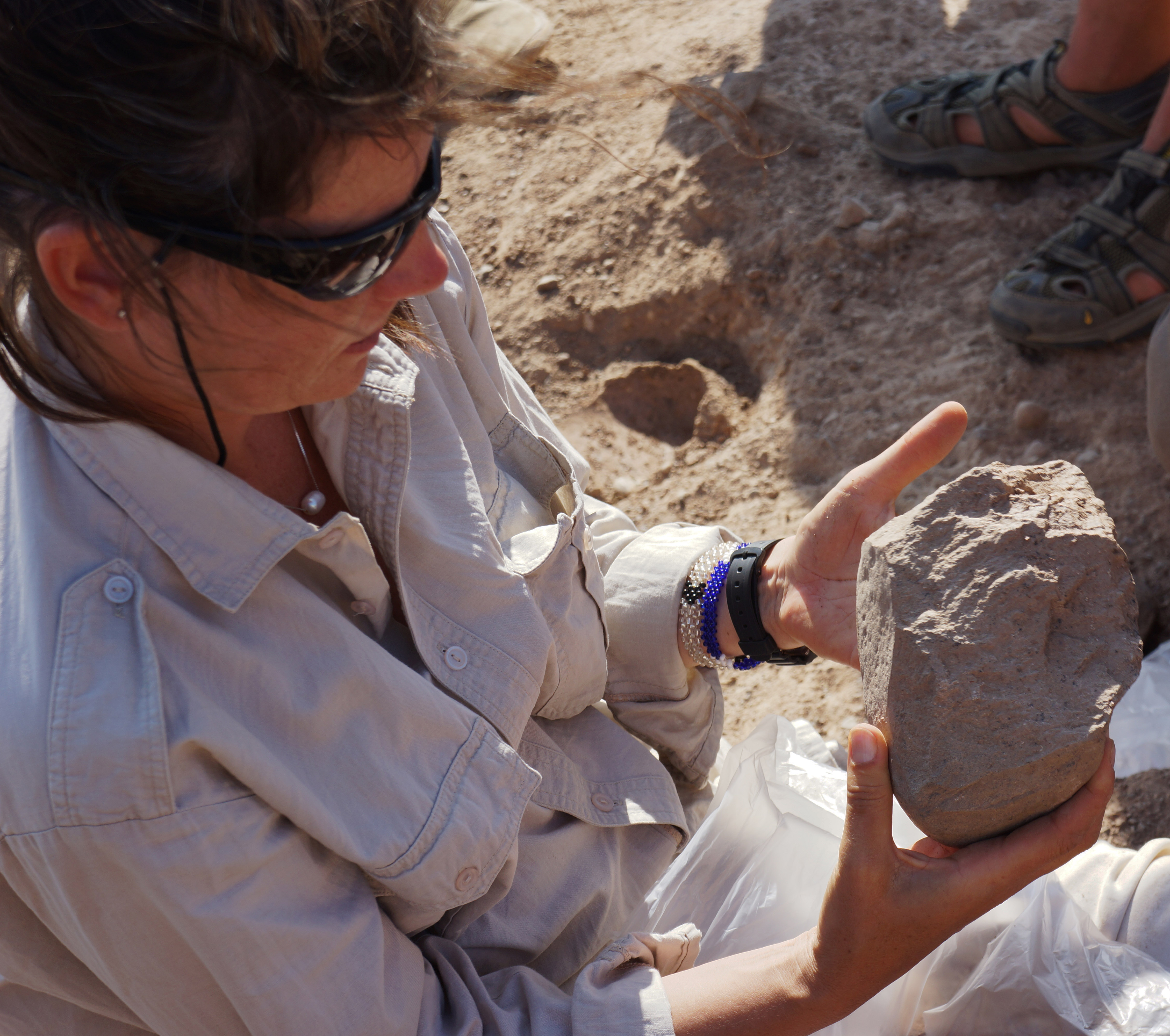Our ancient ancestors made stone tools, a milestone achievement along the path of human progress, much earlier than previously thought and far before the appearance of the first known member of our genus Homo.
Scientists on Wednesday announced the discovery of 3.3-million-year-old stone tools in desert badlands near Lake Turkana in northwestern Kenya, including sharp-edged flakes that could have been used for cutting meat from animal carcasses and rudimentary hammers perhaps used to pound open nuts or tubers.
They are 700,000 years older than any other such stone tools ever found and predate by 500,000 years the earliest-known fossils of the genus Homo, meaning they likely were fashioned by a more primitive species on the human family tree.



















With your current subscription plan you can comment on stories. However, before writing your first comment, please create a display name in the Profile section of your subscriber account page.